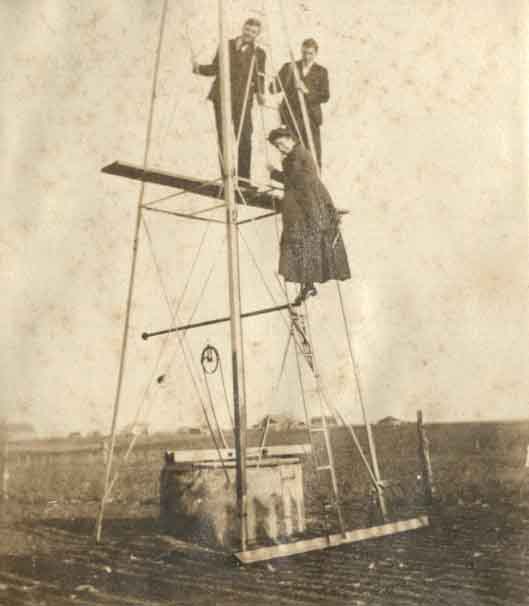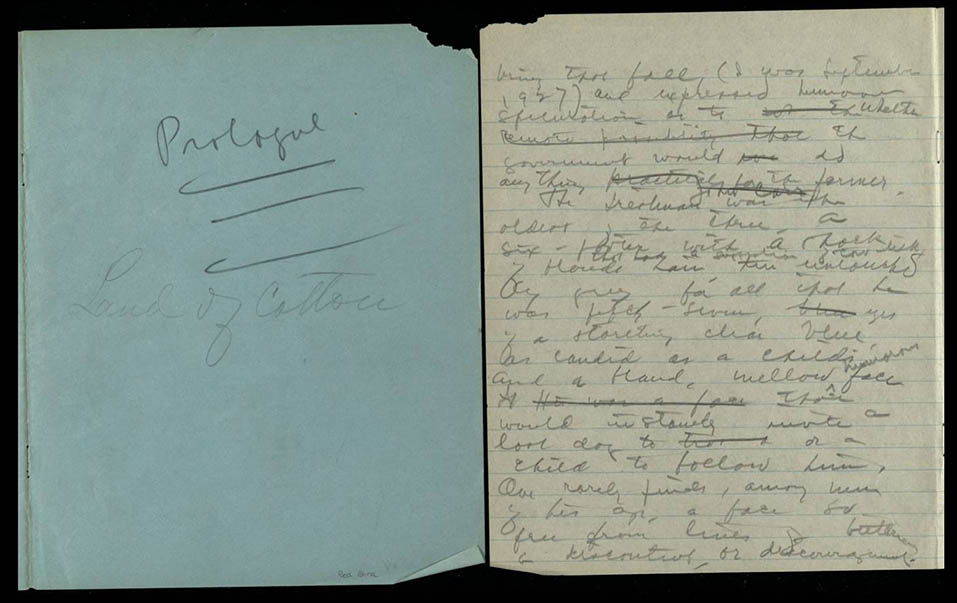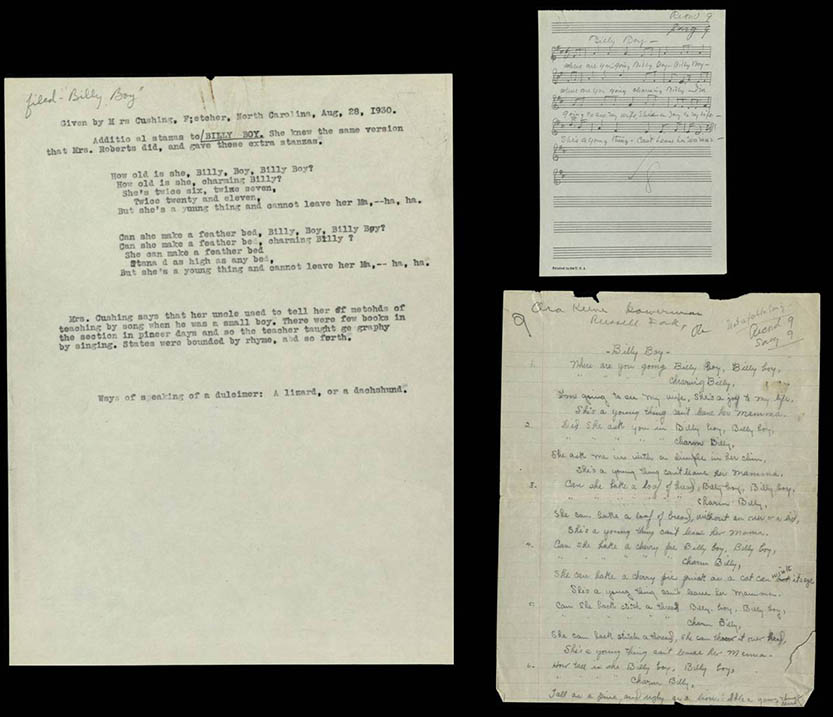September’s finding aids
By Paul Fisher, Assistant Director and Processing Archivist

- BU Records: Baylor Orators Toastmasters Club (#BU/387): Includes materials about the founding of the professional development society through its chartering as an official club and first decade of existence at Baylor University.
- Cornelia Marschall Smith papers (#666): Resources include materials from Smith’s time at Baylor University, both as a student and professor, and from her time at Stetson University in Florida. Also included are personal materials that include programs, copies of a manuscript, invitations, photographs, negatives, slides, and postcards.
- BU Records: Summer School (#BU/166): Contains a variety of materials relating to Baylor University’s Summer School program during the years of 1926-1949.
- [Waco] Garden Clinic Garden Club records (#3638): Minutes, constitutions, booklets, awards, certificates, journals, and scrapbooks collected by the club.
- McLennan County Office of Price Administration records (#4052): Includes various records from Waco area businesses, relating to business operations during World War II.
- Samuel Newton Clabaugh Family papers (#426): Memoirs, newspaper clippings, and handwritten notes generated by Samuel Newton Clabaugh and his daughter, Ora Easter Clabaugh Wells.
- Ollie Mae Moen papers (#4051): Contains handbooks and certificates from workshops attended by Ollie Mae Moen relating to the Waco Parent Teacher Association.
- Dr. Stephen Corwin Cameron Park Zoo records (#4037): Documents the efforts of the Central Texas Zoological and Botanical Society to move the Central Texas Zoological Park to Cameron Park and the transitional period during this move, as well as the formative years of the Cameron Park Zoo and the Cameron Park Zoological Society. This collections shows the extensive efforts made to build a natural habitat zoo in an urban environment.
- Madison Alexander Cooper, Jr. papers (#1342): Correspondence, galley proofs, clippings, book reviews, photographs, a scrapbook, and financial records related to Madison Alexander Cooper Jr., especially regarding the publication of his first novel, Sironia, Texas, in 1952.
- [Calf Creek] Lone Star Baptist Church records (#3081): Includes financial and membership materials, plus revival baptisms, weddings, and death records.
- [Blossom] First Baptist Church record (#593): Contains early records of the church, including newspaper clippings and a ledger.
- Dorthy LaVern McCarthy papers (#558): Poems, awards, and other literary materials from Oklahoma-based poet LaVern Spencer McCarthy.
- Wilford Wolfie Naman papers (#2128): Resources include a variety of materials having to do with the activities of Wilford Wolfie Naman as a soldier during World War I.
- Mary McCauley Maxwell papers (#2080): Scrapbook of collected materials related to Mary McCauley Maxwell, who graduated Baylor University in 1908. She went on to lead the History Department at the University of Mary Hardin Baylor 1908-1913, and worked for decades to collect and preserve relics of Judge R.E.B. Baylor and other founders of Baylor University.
- BU Records: Pi Gamma Mu (#BU/133): Includes materials documenting the founding of the Texas Beta Chapter on campus and its 40 years of activities.
- Ladonia First Baptist Church records (#2673): One minute book documenting the church’s activities in the community.
- BU Records: Sigma Xi (#BU/406): Contains materials relating to the founding of the chapter on campus as well as materials related to the activities of the organization, such as events and bylaws.








